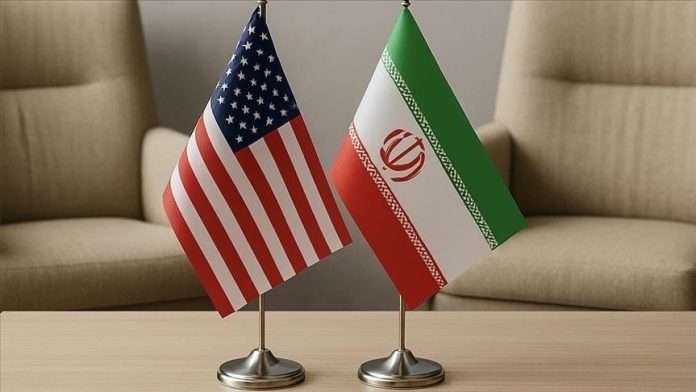The United States has offered a new nuclear agreement to Iran. Omani Foreign Minister Badr Al Busaidi delivered the proposal during a brief visit to Tehran, as part of efforts to mediate talks between the two countries.
Iranian Foreign Minister Abbas Araghchi confirmed the proposal. He said Iran would respond based on its national interests and guiding principles.
White House press secretary Karoline Leavitt also confirmed the proposal. She said it came from President Donald Trump’s special envoy, Steve Witkoff. “President Trump has made it clear that Iran can never obtain a nuclear bomb,” Leavitt added.
IAEA Reports High Uranium Enrichment Levels
The offer comes shortly after a report from the International Atomic Energy Agency (IAEA). The agency found Iran had increased its stockpile of uranium enriched to 60% purity—close to the 90% needed for weapons-grade material.
Iran now holds over 400kg of this highly enriched uranium. Experts say this could be enough for about ten nuclear weapons if refined further. This level is far above what’s needed for civilian purposes like energy or medical research.
The US, UK, France, and Germany may now press the IAEA to act against Iran. However, Iran insists its nuclear programme is peaceful. State media called the IAEA report “politically motivated” and full of “baseless accusations”. Iran also warned it would take countermeasures if the IAEA’s board moved against it.
Sticking Points and Diplomatic Talks
The US and Iran have held five rounds of indirect talks, three in Muscat and two in Rome. A sixth round is expected, though no date or location has been announced.
The talks continue to face key challenges. The US wants Iran to stop enriching uranium. Iran refuses, saying enrichment is a right under international agreements.
These discussions follow the US exit from the 2015 nuclear deal, known as the Joint Comprehensive Plan of Action (JCPOA). The deal had aimed to limit Iran’s nuclear activity in exchange for sanctions relief. President Trump withdrew from the JCPOA in 2018 and reimposed US sanctions.
Since then, Iran has steadily expanded its nuclear programme. The IAEA says Iran has produced enriched uranium at a pace that could support one nuclear weapon per month. US officials believe Iran could create weapons-grade material in under two weeks and build a bomb within a few months.
Iran denies seeking nuclear weapons. However, the IAEA reports limited access to Iran’s nuclear officials and ongoing unanswered questions about its past activities.
President Trump said on Friday that a new deal could happen in the “not-too-distant future”. Earlier in the week, he warned Israeli Prime Minister Benjamin Netanyahu not to take any action that might disrupt talks. Despite ongoing diplomacy, Trump has also repeated threats to target Iran’s nuclear facilities if negotiations fail.
